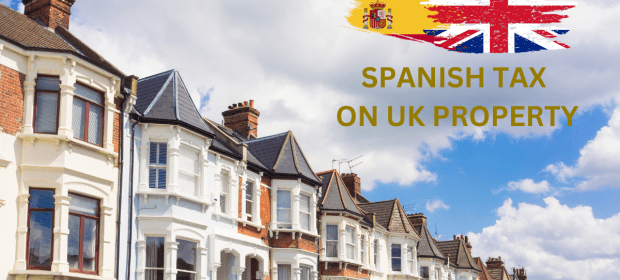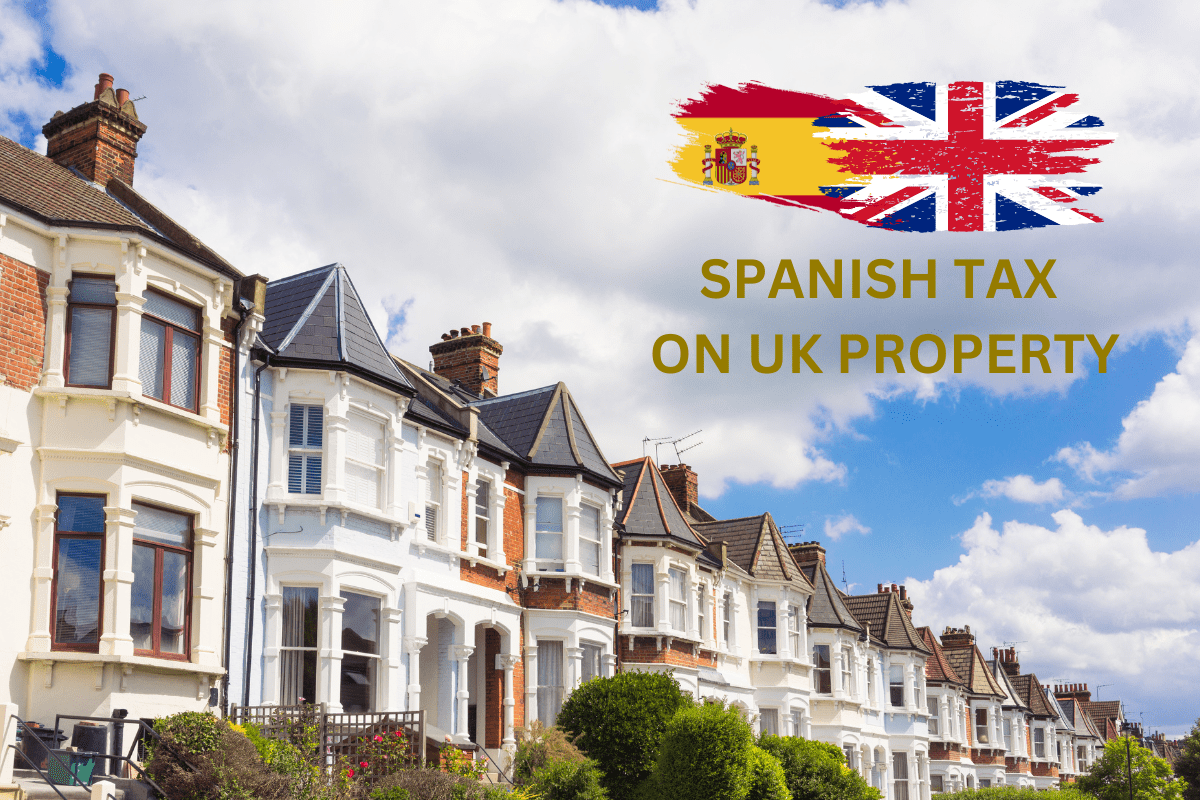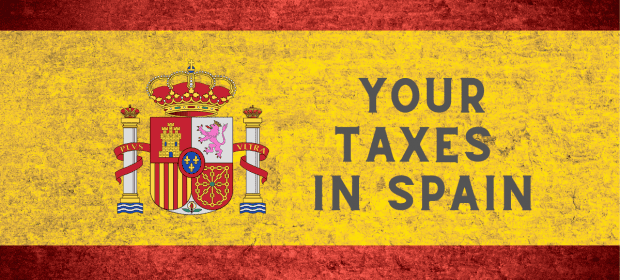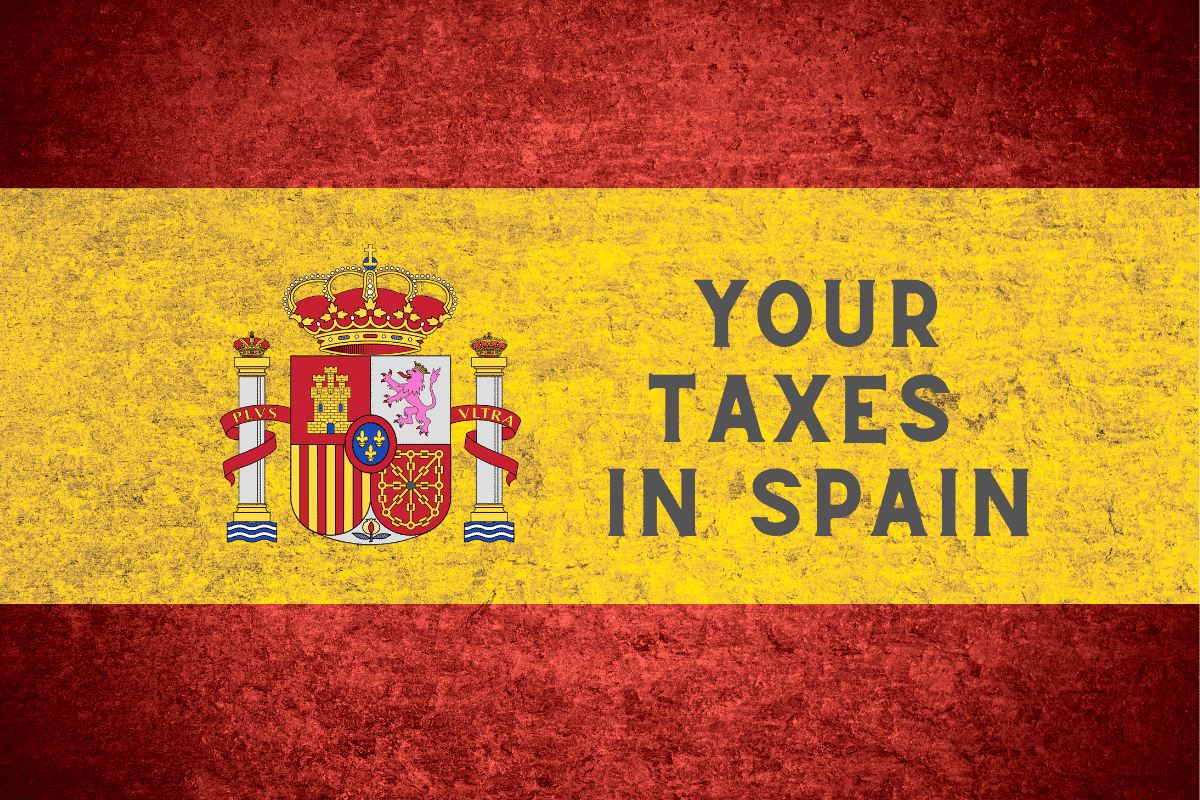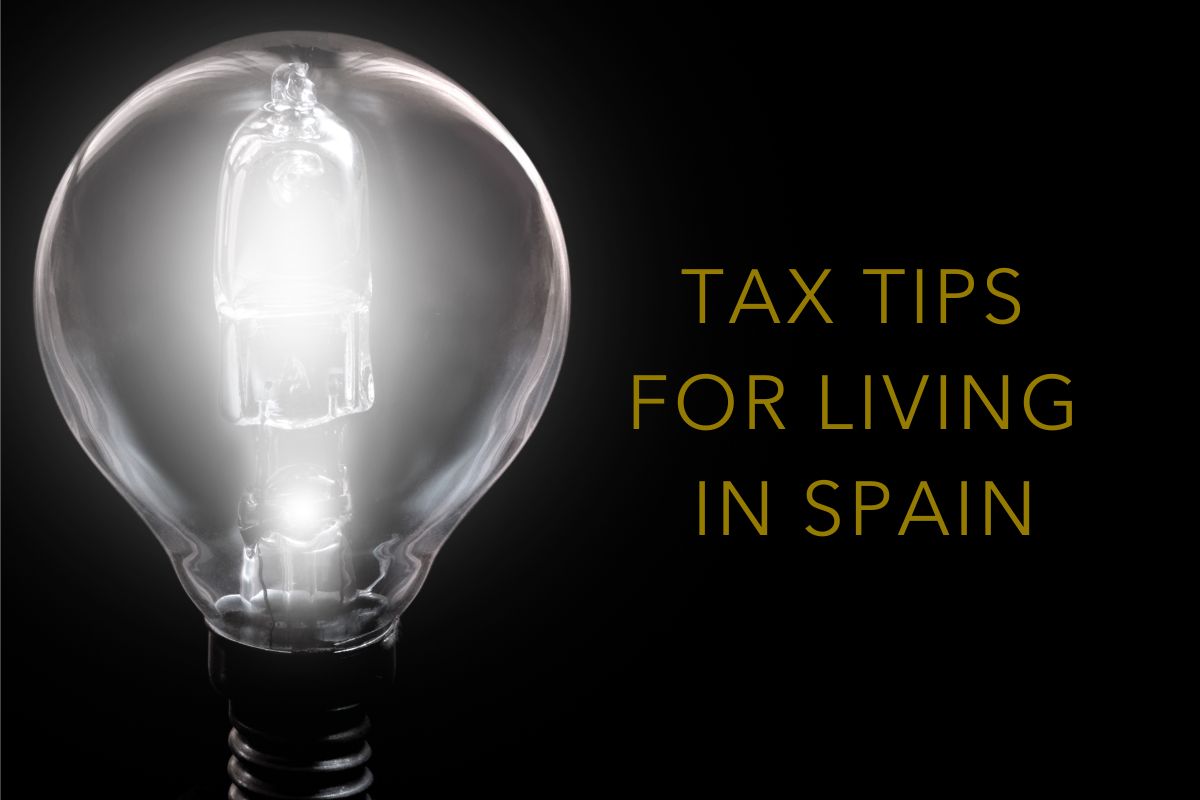In February I wrote about the impact on investments with Russia’s invasion of Ukraine and inflation rearing its ugly head. For the last month or so, the movement of global stock markets has attracted comparisons to a violin player’s arm joint and the undergarments of a professional lady. This is possibly the future for investments for a while although there appears to be more positive than negative movement (at the time of writing in case there has been a sudden catastrophe).
In the meantime, away from the uncertainty of how much a tank of fuel will cost in 6 months’ time, I want to mention something regarding Spanish tax on UK property.
31st March 2022. The end of the declaration period for everyone’s favourite, the Modelo 720. Although this is not a tax declaration, it does highlight assets and how these might be taxed in the future, whether this be capital gains tax, wealth tax, inheritance tax, or income tax. Focusing on the latter, I believe that it is generally not appreciated that a tax resident in Spain has to pay income tax on a UK property, even if it is not rented out.


